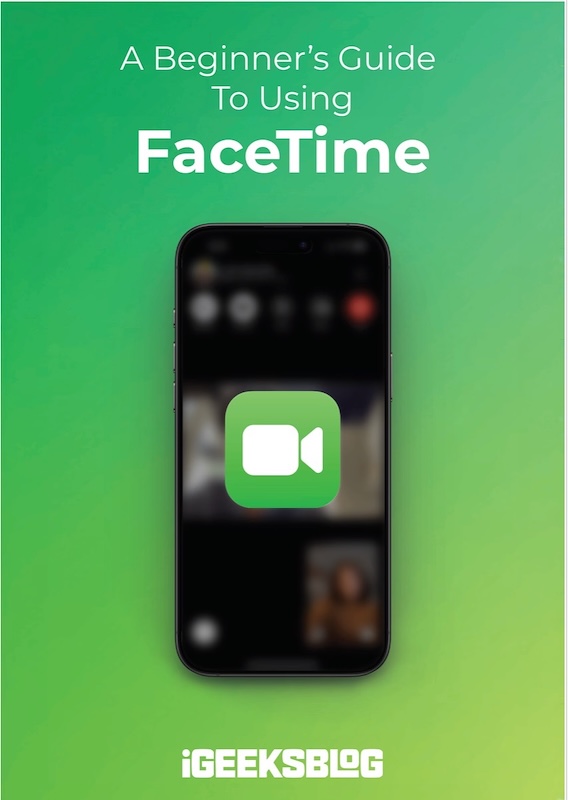
FaceTime Like a Pro
Get our exclusive Ultimate FaceTime Guide 📚 — absolutely FREE when you sign up for our newsletter below.

FaceTime Like a Pro
Get our exclusive Ultimate FaceTime Guide 📚 — absolutely FREE when you sign up for our newsletter below.
Google is using AI to guess user age in the US and apply restrictions if it flags you as under 18. Learn how it works, the risks, and what it means for you.
Google is rolling out a new AI system in the U.S. that estimates users’ ages based on behavior, replacing the self-reported birthdates people enter when creating an account. The change is part of a broader push to enforce age-appropriate restrictions across Google services, but it introduces a host of new privacy and accuracy concerns.
Instead of trusting users to be honest about their age, a system Google acknowledges is often gamed by younger users, the company will now rely on signals such as search queries, YouTube viewing habits, and potentially other undisclosed data points to infer whether someone is under 18. If the system believes a user is a minor, it will automatically apply safety restrictions across their account.
Accounts flagged by the AI as belonging to users under 18 will be shifted into a “teen mode.” This mirrors the experience for users who explicitly register their age as underage:
For now, only a small number of U.S. accounts will see these changes. But if the system performs as expected, Google plans to scale it more broadly across its ecosystem.
Google admits the system won’t be perfect. An adult sharing their account with a younger family member, or an unusual pattern in browsing behavior, could prompt the AI to mistakenly flag an account. In such cases, users can appeal, but the process involves additional friction.
To reverse the restrictions, individuals must verify their age using an official ID, a selfie, or in some cases, a credit card. That requirement could feel intrusive for users who never agreed to be evaluated in the first place. Mistakenly flagged adults may find themselves locked out of the full Google experience until they complete a verification process that feels more aligned with border control than tech support.
YouTube had already been piloting similar AI-based age detection tools earlier this year, and this expansion reflects mounting regulatory pressure. The UK enforces age checks for certain platforms, while U.S. states like Texas are pushing laws targeting age access for adult content. There’s no federal framework yet, but companies like Google are preemptively adapting to avoid future legal risk.
While the goal of protecting minors is broadly supported, the implementation highlights deeper trade-offs. Users may be uncomfortable with Google parsing their behavior to make deeply personal judgments without transparency. And the burden of proof shifts to the user, who must respond to a silent algorithmic verdict with sensitive documentation.
There’s a larger question here, too: Should any company have the power to decide your age based on vague behavioral cues, then quietly limit your access until you prove otherwise?
What do you think Google should be allowed to algorithmically decide your age? Drop your thoughts below.
Don’t miss these related reads: